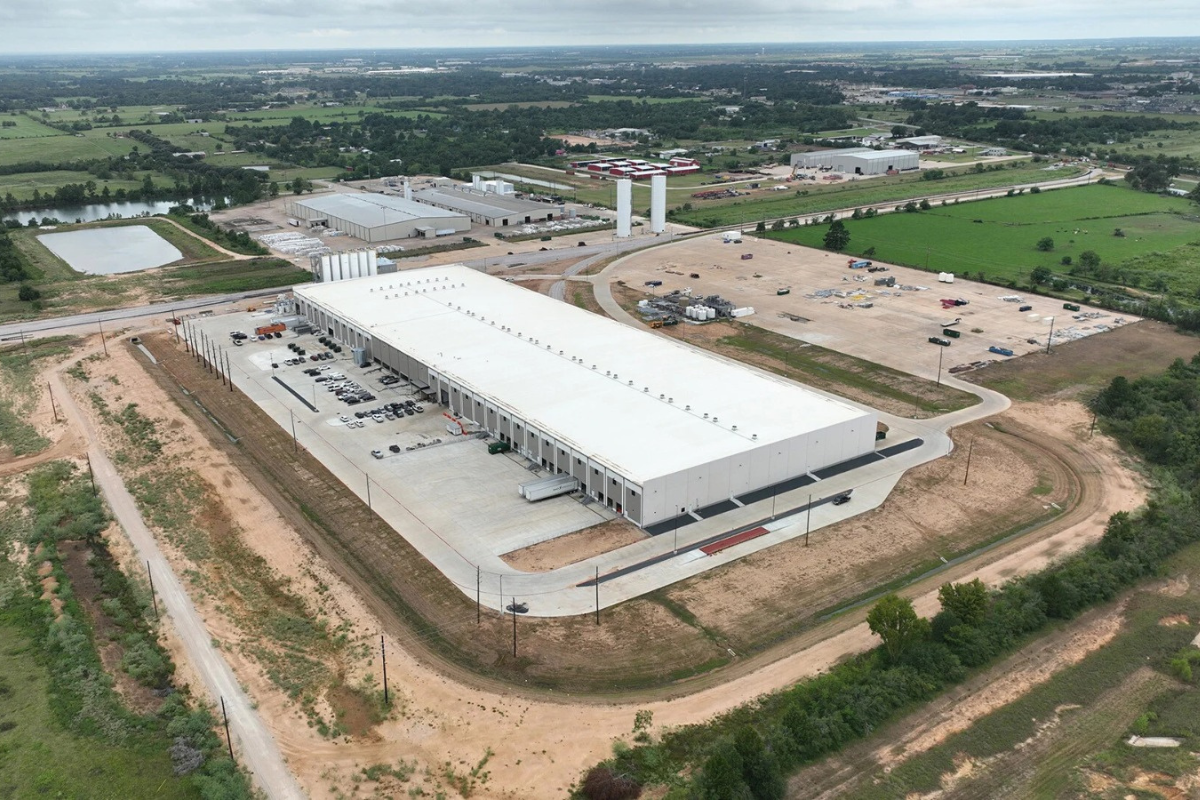While delays and court setbacks have provided a temporary and tenuous reprieve from President Donald Trump’s market-disrupting tariffs, the European recycling sector continues to struggle with a rash of bankruptcies, most filed months before the trade war even began.
Dutch firm Troostwijk Auctions reported a year-on-year increase of 150% in its bankruptcy auctions in the plastic recycling sector, according to an April press release. And in the U.S., amid a dramatic shift in federal priorities, policy and funding, the U.S. recycling industry has experienced its own issues, including Brightmark’s bankruptcy filing and the cancellation of International Recycling Group’s project in Pennsylvania.
In addition, policy continues to develop on a state or local level — for example, how chemical recycling will be regulated.
“That uncertainty is a killer for projects,” Greg DeKunder, vice president of Circular Solutions at Nova Chemicals, told Plastics Recycling Update in March, discussing the company’s decision not to proceed with a chemical recycling plant. “We really need to know what the regulatory environment is going to be in a jurisdiction and know and have confidence because it’s going to remain that way for the life of the project to invest.”
But the EU bankruptcies “have not really been linked to operational efficiencies or demand or prices, it’s been financing,” said Mark Victory, U.K.-based senior editor of recycling at commodity intelligence firm ICIS.
Although the EU tends to be ahead of other regions in legislative mandates, which would seem to indicate stronger demand for recycled plastics, “you could argue from a demand point of view those financial conditions have been tougher over the last few years,” said Matt Tudball, U.K.-based senior editor of recycling at ICIS. He cited the cost-of-living crisis and exorbitant energy prices among the factors putting Europe in a weaker global position.
Tudball added that the effects are likely to continue for years: “You can’t erect a plant overnight, it’s a few years. So any delays now delay your second plant, your third plant, etc. So actually, those ambitious targets for 2030 start to look more and more unachievable the longer that investment is delayed.”
As an example, Tennessee-based Eastman has yet to make a final investment decision on its first European PET depolymerization plant, in France, which was announced in 2022 with an expected startup in 2025. The project is currently paused as the company works on establishing offtake contracts, CEO Mark Costa said in a late November 2024 investor meeting.
He added that although finding buyers is moving “a lot slower than we thought” due to macroeconomic headwinds, Eastman is not seeing partners in the project disengage, though he did not mention the France project in two subsequent investor calls, in January and April.
On May 30, local media reported that the company’s $375 million grant toward its new methanolysis plant in Longview, Texas, had been canceled as part of a $3 billion cutback on so-called green projects by the U.S. Department of Energy, putting the future of the site in question. Eastman did not immediately respond to a request for comment.
In April Eastman said it was “moderating project spending” this year, including delaying $200 million toward the Texas plant, which originally was meant to be the last of its three planned projects. Nevertheless, the company had said it still planned to break ground in Texas in Q4 and continues to expect mechanical completion in 2028.
For both mechanical and chemical recycling, adding inflationary pressure and regulatory uncertainty to an already difficult financing environment could further hinder investment, Victory said.
“The difficult financial position also means that we might not see that investment in sorting infrastructure that is so necessary to hit those packaging targets under PPWR,” he said, referring to the EU’s Packaging and Packaging Waste Regulation, enacted earlier this year.
Tudball agreed, saying that despite the challenges common to a nascent industry like chemical recycling — permitting issues, legislative developments and more — “the real challenge at the moment for pyrolysis oil, it’s not the demand, and it’s not the technology so much. It’s the investment side of things,” especially for companies that are not affiliated with a major chemical company making a direct investment.
Pyrolysis oil is the product of the most common type of chemical recycling process, using solvents, heat and pressure to break down used plastics into their monomers.
While offtake agreements are common, helping add credibility to a proposed project and reassure potential financiers, the risk is largely on the part of the processor. However, the fallout from a chemical recycling project that doesn’t come to fruition can also affect commodity pricing.
For example, pyrolysis oil in Europe as well as the U.S. has seen pricing surges in the past 18 months, Tudball said. Both of those surges were “because there were players with offtake agreements where the material didn’t come when it was supposed to, because a plant didn’t happen and suddenly you’ve got big buyers in the market looking to cover contracted volumes.”
Ultimately, Tudball added, the most lasting effect of the tariffs is the lack of investment due to uncertainty.
Speaking in March, Nova’s DeKunder said, “I’d say a lot of the projects that have been announced — and this is just my guess, and this is true in Nova — are not dead. They’re paused, waiting on more market certainty or clarity on external factors.”
—Editor’s note: This story was updated with the change in Eastman’s Longview, Texas plant funding.


























